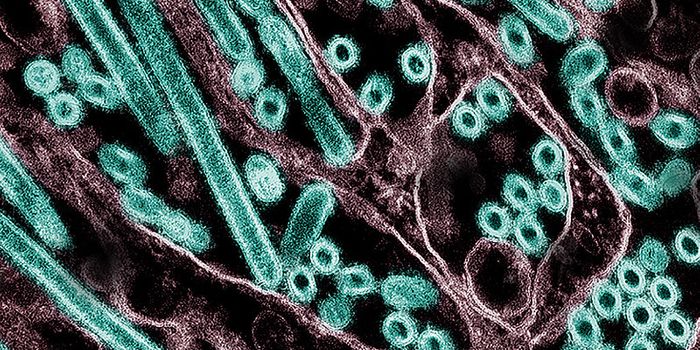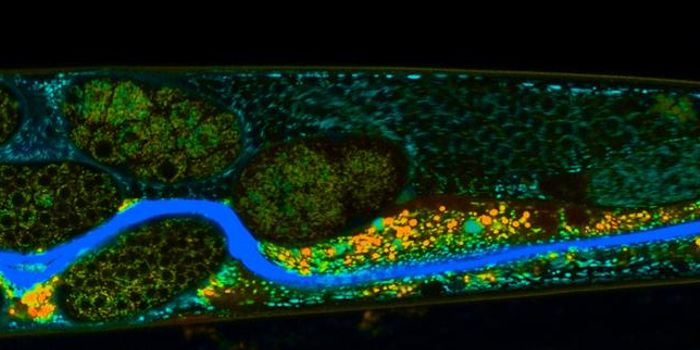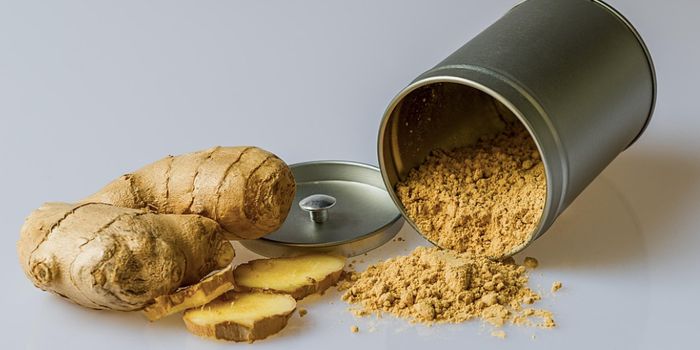Coffee Lowers Type 2 Diabetes Risk after Pregnancy
Pregnancy can lead to a number of complications, from preeclampsia (dangerous high blood pressure) to gestational diabetes (diabetes that forms during pregnancy that goes away after giving birth). However, those giving birth who experience gestational diets experience a significantly higher rate of developing type 2 diabetes compared to otherwise healthy people. While there are all kinds of recommendations about how to prevent type 2 diabetes (such as diet) what can prevent type 2 diabetes from developing following pregnancy?
According to a new study conducted by researchers at the National University of Singapore, coffee may be the miracle salve. Their work is described in a recent article published in The American Journal of Clinical Nutrition.
Coffee is a beverage that drives the world. While we often drink it to give us a boost and because it tastes good, some research has even started to highlighted that coffee beans and coffee itself offers important health benefits. Currently, research shows that replacing sugary beverages (both sweetened with sugar and artificially) with coffee could help either prevent type 2 diabetes or delay its onset in a generally healthy population. Researchers wanted to see if these findings apply to people who recently gave birth.
As part of their study, researchers followed over 4,000, mostly white, women for about 25 years. These women had a history of gestational diabetes. Researchers found that drinking caffeinated coffee, specifically, reduced the risk of type 2 diabetes compare to those who did not drink caffeinated coffee. They also found that the more coffee drank, the more the risk of type 2 diabetes was reduced; women drinking one cup of coffee, two to three cups, and four or more saw, respectively a 10%, 17%, and 53% reduction in their risk of developing type 2 diabetes.
Researchers did find that decaffeinated coffee did not have an effect on diabetes risk, though they chalk this up to the low number of participants who drank caffeinated coffee.
Researchers from the National University of Singapore looked to the active ingredients in coffee (specifically, polyphenols) as a possible source of the protective benefits of coffee consumption for people who experience gestational diabetes.
Sources: Science Daily; The American Journal of Clinical Nutrition








